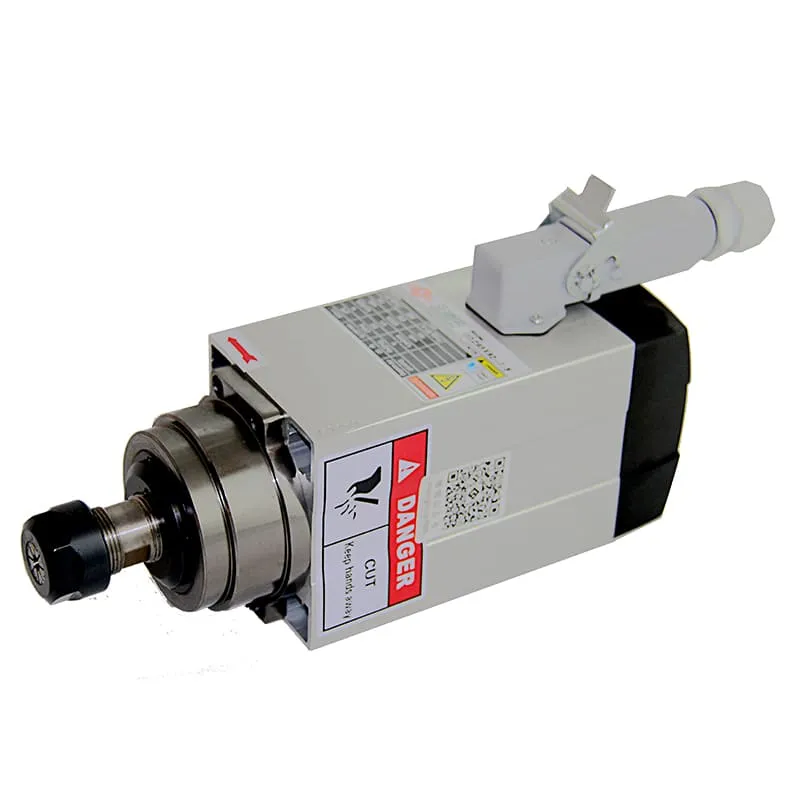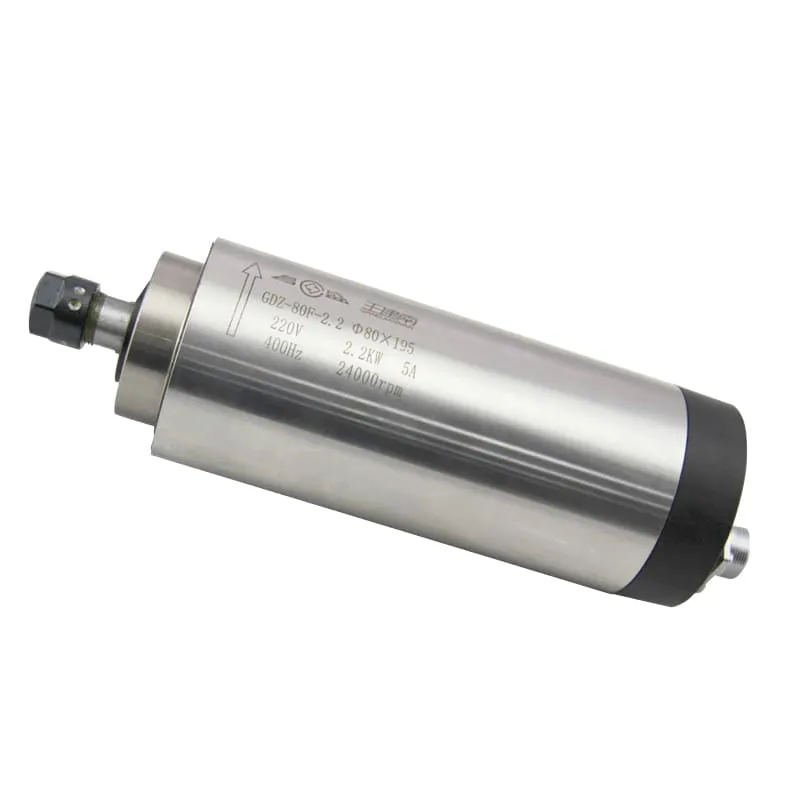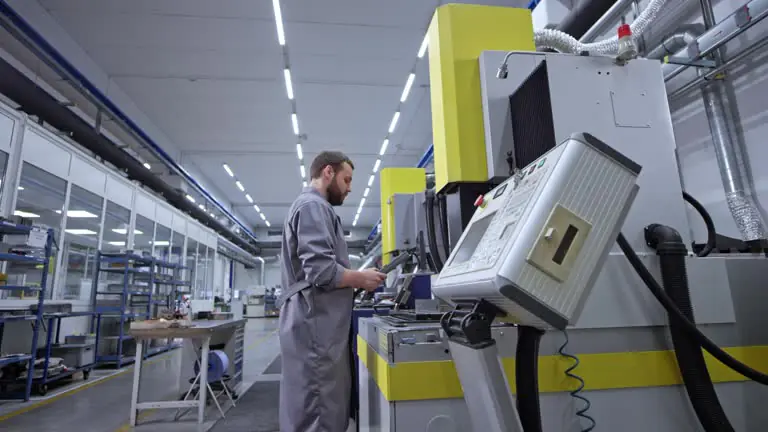How to Become a CNC Machinist
A career as a CNC machinist offers a wealth of opportunities in the field of precision manufacturing. With advancements in technology, CNC machinists play a crucial role in industries like aerospace, automotive, and medical devices. In this article, we will explore how you can become a CNC machinist, from necessary skills and training to job prospects and career development.
1. Who Is a CNC Machinist?
A CNC machinist is a professional who operates Computer Numerical Control (CNC) machines to create precise parts from various materials like metal, plastic, and wood. CNC machinists are responsible for interpreting blueprints, setting up the machine, and overseeing production processes to ensure quality and accuracy. They use a combination of technical skills and analytical abilities to carry out tasks efficiently.
Duties of a CNC Machinist Include:
- Programming: Creating programs to control CNC machines.
- Setup: Preparing the machine for operation, including tool changes.
- Operation: Running the machine, monitoring its performance, and adjusting as needed.
- Quality Control: Inspecting the finished product for defects and ensuring it matches the blueprint specifications.
If you are interested in enhancing your precision machining capabilities, consider exploring our range of CNC Spindle Motors that offer a wide variety of features suitable for CNC machinists.

2. Skills Needed to Become a CNC Machinist
To become a successful CNC machinist, you will need a blend of technical skills and soft skills that make working with CNC machines both efficient and precise.
Key Skills Include:
- Technical Aptitude: Knowledge of machine tools, cutting paths, and material properties.
- Mathematics Proficiency: CNC machining often requires precise calculations for dimensions, angles, and positioning.
- Blueprint Reading: Ability to interpret technical drawings and schematics.
- Problem Solving: Identifying and fixing issues during the machining process.
- Attention to Detail: Ensuring parts meet tight tolerances.
These skills can be developed through education, on-the-job training, or specialized certifications.
Develop Your Skills With Training
Our 1.5KW ER20 Square Air-Cooled Spindle provides a great platform for honing technical skills with reliable and consistent performance for different applications.

3. Educational Pathways
A high school diploma or GED is generally the minimum requirement to become a CNC machinist. However, taking additional courses in mathematics, physics, and engineering during high school can provide a helpful background. Beyond high school, there are several options for acquiring CNC machinist skills:
Trade Schools and Community Colleges
- Trade Schools: Provide specialized programs focusing on CNC machinery, covering topics such as CNC programming, machine operations, and safety protocols.
- Community Colleges: Offer Associate Degrees in areas like Manufacturing Technology or Machining, which provide a more in-depth knowledge of engineering and machining concepts.
Apprenticeships
- On-the-Job Training (OJT): Apprenticeships allow you to learn directly in the field under the supervision of experienced machinists, combining hands-on training with classroom instruction.
4. CNC Machinist Certification
While not always required, obtaining a CNC machinist certification can significantly improve job prospects. Certifications demonstrate a commitment to the field and proof of the necessary skills.
Popular Certification Programs
- NIMS (National Institute for Metalworking Skills): Offers credentials for various CNC skills, including CNC Milling and Turning.
- SME (Society of Manufacturing Engineers): Offers certification programs tailored to CNC operators and programmers.
Earning a certification provides a competitive edge in the job market, showcasing your skills and dedication to quality.
5. CNC Machinist Job Prospects
The job outlook for CNC machinists is promising, especially with the increase in demand for precision manufacturing. Sectors such as aerospace, automotive, and medical equipment all require parts manufactured with high precision and quality, which is what CNC machinists provide.
Industries Hiring CNC Machinists
- Automotive: Producing gears, engine components, and custom parts.
- Aerospace: Manufacturing turbine blades, structural components, and critical aircraft parts.
- Medical: Creating implants, surgical tools, and other medical devices.
Our 2.2KW ER16 Air-Cooled Spindle can help you achieve the high level of accuracy needed for complex machining tasks.

6. CNC Machinist Salary
Salaries for CNC machinists can vary based on experience, certifications, and geographic location. On average, CNC machinists earn between $40,000 to $60,000 per year.
Factors Influencing Salary
- Experience: More experienced CNC machinists earn higher wages.
- Certifications: Having certifications like NIMS can help increase earning potential.
- Industry: CNC machinists working in aerospace or medical manufacturing often earn more than those in other industries.
7. On-the-Job Training for CNC Machinists
On-the-Job Training (OJT) is one of the most effective ways to learn the skills necessary to become a CNC machinist. During OJT, new machinists work alongside experienced technicians, gaining hands-on experience while applying their classroom knowledge.
Benefits of On-the-Job Training
- Hands-On Experience: Gain direct experience with machines, tools, and processes.
- Mentorship: Learn from seasoned professionals who can provide tips and techniques for efficiency and quality.
- Problem Solving: Learn how to troubleshoot real-life problems under guidance.
8. The Importance of CNC Programming
CNC programming is at the heart of what a CNC machinist does. It involves creating instructions for the machine to follow, using G-code, which tells the machine where to move, how fast to move, and what tool to use.
Key CNC Programming Concepts
- G-code and M-code: The standard languages used to control CNC machinery.
- Tool Path Planning: Understanding how to map the tool’s movement to maximize efficiency and minimize tool wear.
Learning CNC programming can be challenging at first, but with practice, it becomes second nature. There are many online resources and courses that can help you learn the basics of CNC programming.
9. Career Development and Advancement Opportunities
Once you’ve gained experience as a CNC machinist, there are several pathways for career advancement, such as:
1. CNC Programmer
Instead of just operating the machines, you can become a CNC programmer, responsible for writing the code that tells CNC machines what to do.
2. Supervisor or Manager
After gaining experience, CNC machinists can move into supervisory roles, overseeing a team of machinists or even managing an entire shop.
3. Specialized Machining
You can specialize in working with certain materials, such as titanium or high-precision alloys, or focus on a specific industry like aerospace or medical devices.
10. Tips for Getting Started as a CNC Machinist
- Enroll in a Training Program: Start by enrolling in a community college or trade school offering courses in CNC machining.
- Get Certified: Consider getting a NIMS certification to validate your skills.
- Practice: Spend time practicing on different CNC machines to understand how they operate.
- Network: Connect with other CNC professionals through industry events or online forums to exchange ideas and opportunities.
FAQs About Becoming a CNC Machinist
1. What education is required to become a CNC machinist?
A high school diploma or GED is generally the minimum requirement. Many CNC machinists also attend trade school or community college to get specialized training.
2. Is CNC machining a good career?
Yes, CNC machining is a rewarding career with opportunities for growth, especially in industries like aerospace, automotive, and medical devices.
3. Do I need certification to become a CNC machinist?
While not always required, certifications like NIMS can improve job prospects and earning potential.
4. How much do CNC machinists make?
Salaries vary but typically range between $40,000 and $60,000 annually, depending on experience and location.
5. What skills are needed to become a CNC machinist?
Key skills include technical aptitude, math skills, blueprint reading, and problem-solving abilities.
Conclusion
Becoming a CNC machinist can open the door to a stable, well-paying career in a variety of industries. With the right education, training, and hands-on experience, you can develop the skills necessary to thrive in this field. Whether it’s producing parts for automobiles or medical devices, CNC machinists play a vital role in modern manufacturing.
If you are interested in starting or enhancing your CNC machinist journey, explore our selection of CNC Spindle Motors to find the right equipment for your projects.

